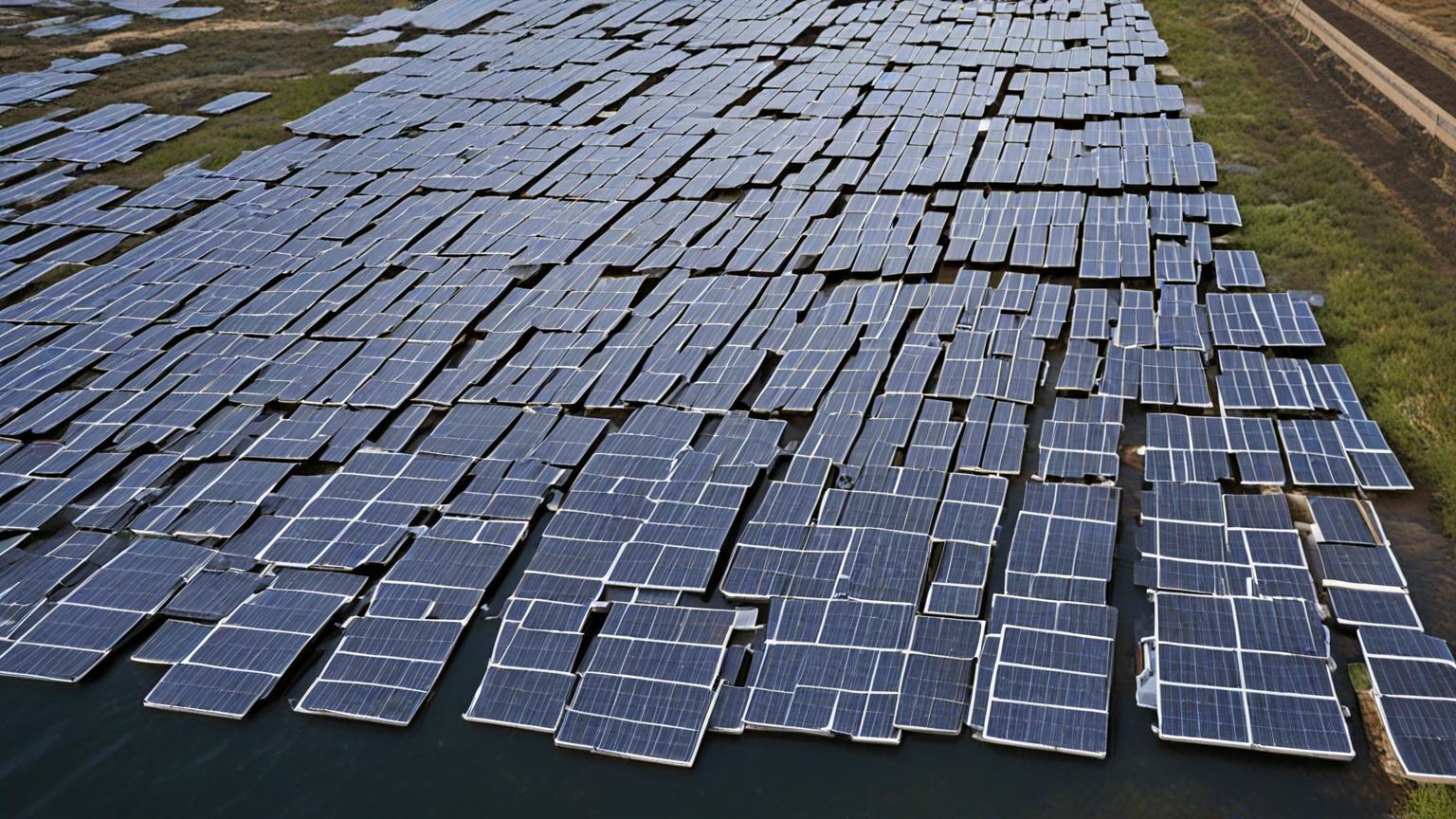In an era dominated by technological innovation and environmental concerns, the solar energy landscape is undergoing a significant transformation. Gone are the days when solar panels were confined to rooftops and sprawling solar farms. A new and inventive approach is taking the industry by storm: floating solar panels. But why the sudden surge in popularity? And could these ‘floating powerhouses’ potentially redefine the future of solar energy?
Taking a stroll down the avenue of this new solar frontier, it's essential to understand the mechanics of floating solar panels. These photovoltaic panels are strategically situated on large bodies of water, such as lakes or reservoirs, harnessing the sun's energy just as traditional panels do. However, their aquatic placement offers several distinct advantages, making them a game-changer in photovoltaic technology.
First off, let's talk about efficiency. Traditional solar panels installed on rooftops often contend with obstacles like shadows from surrounding structures and dust accumulation. In contrast, floating solar panels face none of these hurdles. The water's reflective surface actually amplifies sunlight, enhancing energy absorption and boosting efficiency by up to 15%. Imagine, the water is not just holding up the panels but actively contributing to their success!
Next, there’s the issue of land use. In densely populated areas or regions with harsh terrains, space is at a premium. Building horizontal solar farms can sometimes mean significant land sacrifices, leading to contentious debates. Floating solar mitigates this issue entirely. By utilizing existing water bodies, the solar industry sidesteps the classic land versus energy dilemma, transforming under-utilized resources into valuable assets.
Moreover, floating solar panels offer remarkable ecological benefits. Their shading effect helps reduce water evaporation from reservoirs, leading to considerable water conservation—an often-overlooked benefit that speaks volumes in water-scarce regions. Additionally, by keeping water cooler, these panels can even enhance aquatic life conditions, heralding a new symbiotic relationship between technology and nature.
Now, you might wonder: If floating solar panels offer such significant benefits, why aren't they everywhere? The answer lies in technological and logistical challenges that pioneers in this space are feverishly working to overcome. Anchoring panels securely on water requires advanced engineering to withstand wind and water currents. Then, there's the question of ensuring easy maintenance and connection to existing power grids, crucial for seamless integration.
Pioneers in the solar industry are tackling these issues head-on, investing in research and development. Companies from Southeast Asia to Europe are leading the charge, showing promising results that keep the visibility of this technology rising. Moreover, governments and environmental agencies are taking notice, with policy frameworks slowly evolving to include and promote these technologies.
The financial prospect of floating solar is another compelling angle. As production costs plummet and efficiency rises, the economic incentives to invest in these systems are becoming increasingly enticing. Investors are catching wind of this shift, punting on companies at the cutting edge of this technology.
In conclusion, floating solar panels aren't just a passing trend; they’re steadily becoming a vital cog in the wheel of renewable energy evolution. They promise a viable, efficient, and environmentally-friendly solution to the ever-growing demand for clean energy without the associated spatial constraints of traditional solar arrays. It’s an exciting time for solar aficionados and investors alike, as this innovation opens doors to new possibilities, re-energizing the drive toward sustainable energy solutions.
While challenges remain, the momentum behind floating solar is undeniable. It's reshaping our conception of how solar energy can fundamentally integrate into not just land, but water. As we move into a future defined by smart, sustainable solutions, floating solar panels might just be the next big leap in our renewable narrative.
Revolutionizing rooftops: The rise of floating solar panels




